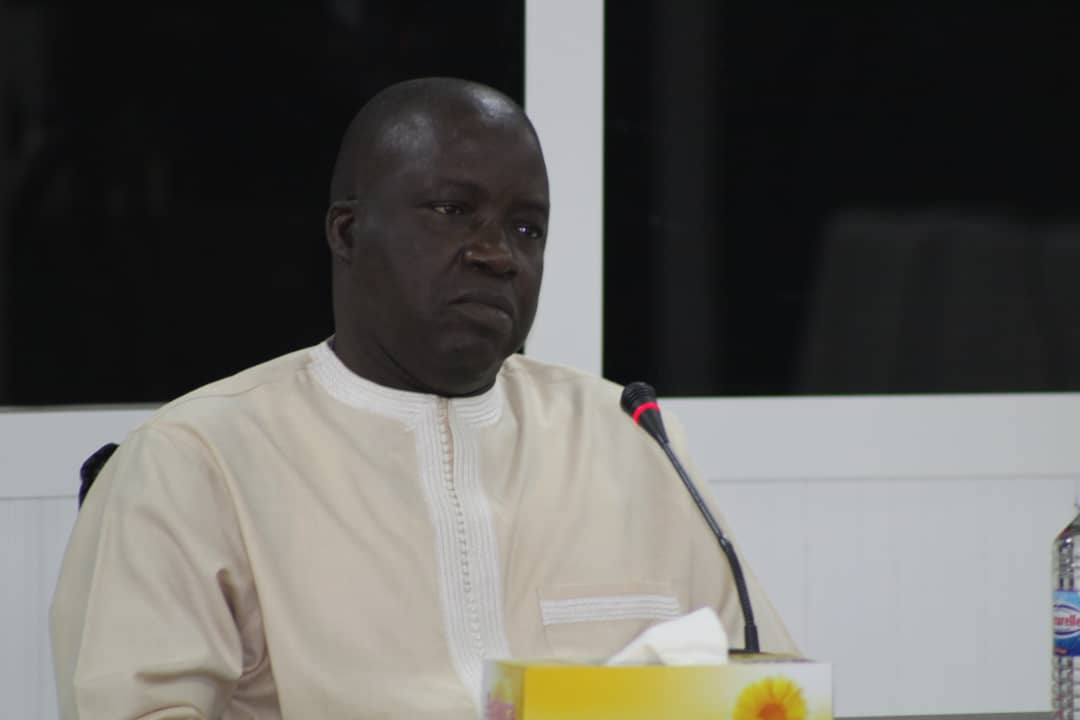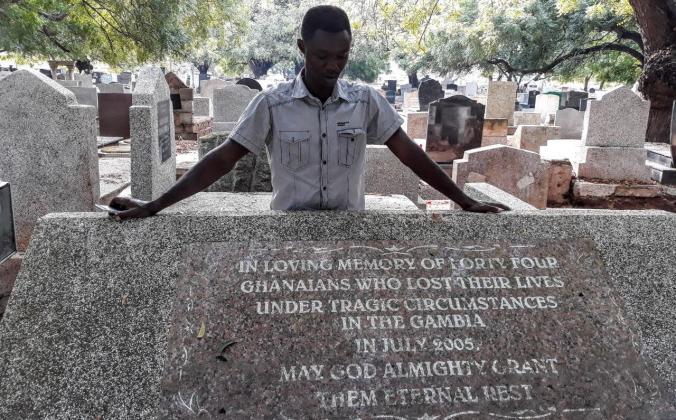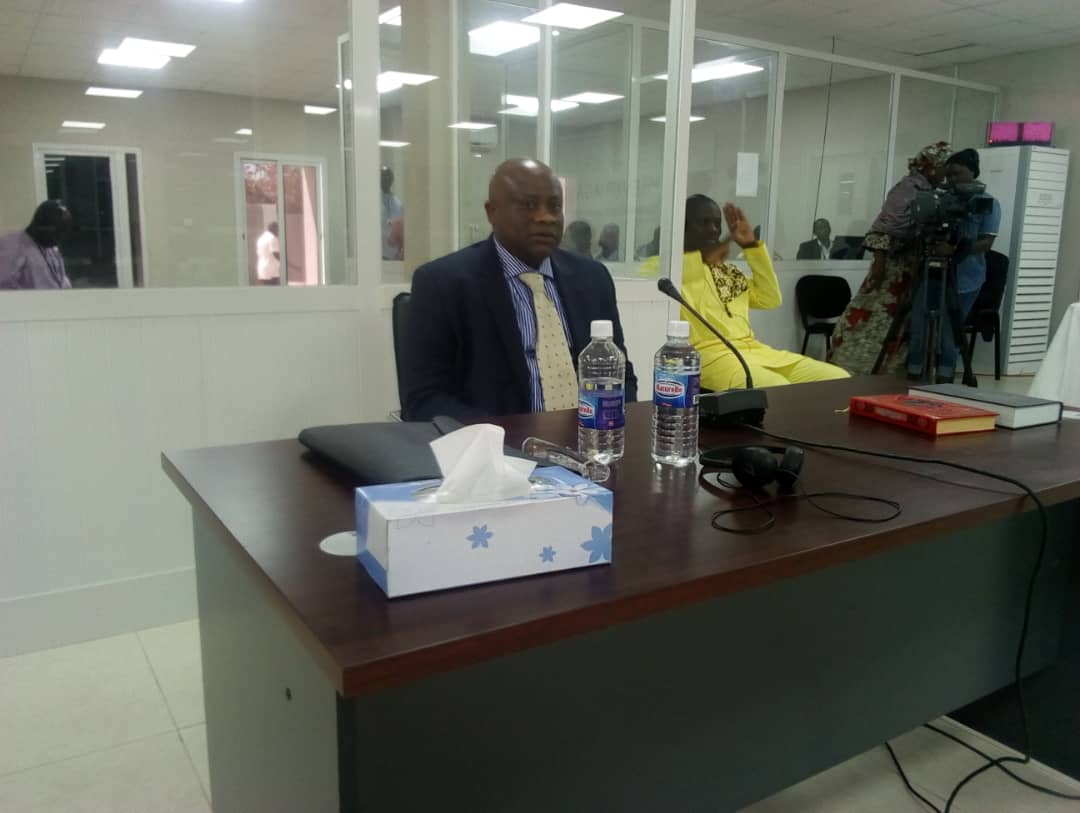By: Fatou Krubally
A prominent Gambian rights group has warned that key provisions of the new Criminal Offences Act 2025 threaten to erode democracy and shield public officials from criticism.
The Edward Francis Small Center for Rights and Justice (EFSCRJ) raised concerns in a public statement, arguing that the Act hands “sweeping, unchecked powers” to the executive branch, including the President and the Minister, to restrict publications, curb freedom of expression, and criminalize dissent.
According to the group, Section 49 of the law empowers the President or Minister to ban publications they deem damaging to public order without any judicial oversight raising fears of censorship and potential abuse. “This opens the door for the government to silence journalists, activists, and ordinary citizens critical of the administration,” the statement said.
EFSCRJ also pointed to sections that could be used to criminalize protests and social boycotts, as well as provisions that protect public officials from so-called “parental insults,” describing these measures as “undemocratic” and contrary to the Constitution’s guarantee of free speech and accountability.
While the Act is intended to modernize the outdated colonial-era criminal code, EFSCRJ argued that several sections remain “draconian,” undermining the fundamental rights of Gambians to hold their leaders accountable.
The group called for urgent amendments to the Act to align it with human rights standards and democratic principles. “In a democracy, criticism of the government and its officials must be protected, not criminalized,” the statement concluded.





